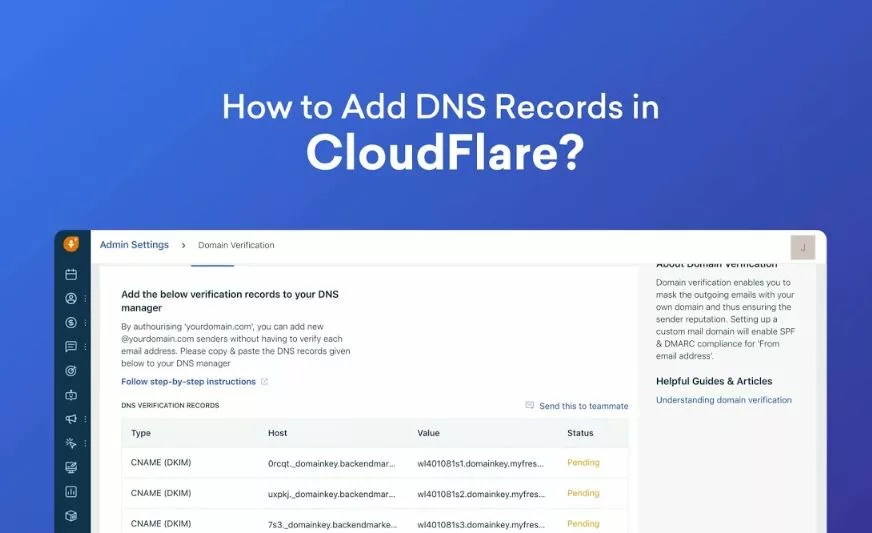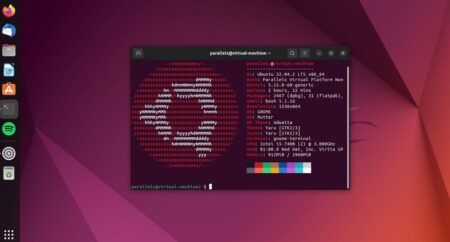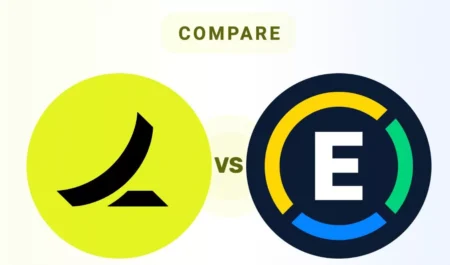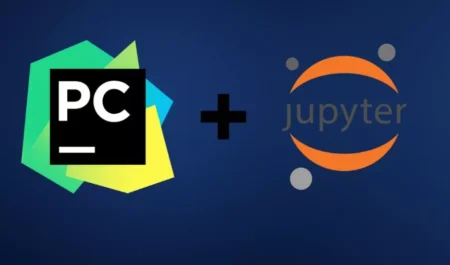11
There are a number of significant domain name system (DNS) service providers, including Cloudflare and Google Cloud DNS. Each of these companies offers a different features. The Cloudflare Domain Name System places a high priority on speed, security, and privacy. It does this by utilising its massive worldwide network to provide quick resolution times and protection against cyber threats such as distributed denial of service attacks.
Cloud-based applications can benefit from scalable and dependable DNS resolution thanks to Google Cloud DNS, which connects without any complications with Google Cloud Platform. Both of these services are geared at improving the performance and dependability of websites by means of effective and efficient DNS management. Businesses have the option of selecting between Cloudflare, which offers a high level of security and speed, or Google Cloud DNS, which offers seamless interaction with Google Cloud services and flexibility in terms of scaling.
CloudFlare vs Google Cloud DNS Comparison Table
Whether you use Cloudflare or Google Cloud DNS relies on your needs. Cloudflare provides strong security and global performance, making it perfect for people who want to protect their websites and make them load faster. Google Cloud DNS, on the other hand, works perfectly with Google Cloud Platform.
| Specification | Cloudflare | Google Cloud DNS |
|---|---|---|
| Performance | Global network for fast resolution | Integration with Google Cloud Platform |
| Security | Protection against cyber threats | Reliable DNS resolution |
| Scalability | – | Scalable for cloud-based applications |
| visit website | visit website |
CloudFlare vs Google Cloud DNS: Performance Comparison: Speed and Reliability
In order to minimise latency and ensure that DNS queries are answered quickly, CloudFlare has a massive network of data centres located all over the world. These data centres are strategically positioned. Utilising its Anycast routing technology, it effectively routes traffic to the data centre that is geographically closest to it, so improving both speed and reliability. In addition, CloudFlare’s uptime service level agreement (SLA) of 99.999% underlines the company’s dedication to providing uninterrupted service.
On the other hand, Google Cloud DNS makes use of Google’s powerful infrastructure, which is well-known for its speed and dependability. In comparison to CloudFlare, its uptime service level agreement (SLA) is significantly lower at 99.99%, despite the fact that its latency is commendably low and it offers support for Anycast.
CloudFlare vs Google Cloud DNS: Security Features
In addition to providing effective DDoS protection, CloudFlare and Google Cloud DNS both include DNSSEC, which guarantees the authenticity and integrity of DNS data. Additionally, they offer rate limitation features, which aid in the reduction of abusive traffic and the prevention of DNS servers from becoming overloaded.
The Web Application Firewall (WAF) and DNS Firewall features that CloudFlare offers, on the other hand, make it stand out from the competition. These features offer additional levels of security against web-based attacks and DNS exploits. Users are given the ability to successfully defend themselves against new threats and impose detailed security policies thanks to these useful features.
Users who are looking for sophisticated threat prevention and increased security posture for their DNS infrastructure may find that CloudFlare’s entire security suite is more appealing than Google Cloud DNS’s fundamental security features.
CloudFlare vs Google Cloud DNS: Integration and Compatibility

For the purpose of optimising content delivery and improving website speed, CloudFlare offers a wide range of integration options, including content delivery network (CDN) integration. Because it is compatible with the most popular DNS administration tools and cloud platforms, it makes deployment and management duties much easier to accomplish. In addition, CloudFlare provides access to a full API, which enables DNS setups to be automated and customised in a seamless manner.
Integration with a wide variety of platforms and tools is made available by Google Cloud DNS, which makes deployment and management inside the Google Cloud ecosystem more streamlined. Despite the fact that it does not have a built-in content delivery network (CDN) integration, it is compatible with DNS management tools and cloud platforms, which assures that it is flexible and interoperable. Additionally, Google Cloud DNS offers comprehensive application programming interface (API) access for the purpose of programmatically controlling DNS resources.
CloudFlare vs Google Cloud DNS: User Interface and Ease of Use
The user interface (UI) that CloudFlare provides is both contemporary and user-friendly, which makes DNS control simple and easy to access. It has controls that are easy to understand and actions that are guided, making its configuration process very user-friendly. Usability is further improved by providing users with comprehensive documentation and useful troubleshooting resources. This ensures that users are able to navigate and troubleshoot tasks successfully.
A user interface that is both clean and functional, with an emphasis on simplicity and clarity in DNS management duties, is featured by Google Cloud DNS. The configuration stages are easy to understand, making them suitable for users of varying levels of expertise. In-depth counsel is provided by detailed documentation, and informational resources are helpful in resolving frequent problems since they provide information.
Which is better?
Cloudflare is the best when it comes to global speed, security, and privacy. Its large network lets it offer quick solutions and protects against cyber threats. On the other hand, Google Cloud DNS works well with Google Cloud Platform, which focuses on making cloud-based apps scalable and reliable.
If security and speed are important to you, Cloudflare might be better. On the other hand, Google Cloud DNS is better for businesses that already use Google Cloud services. In the end, the choice comes down to things like security needs, integration needs, and the size of the business. Both systems offer strong DNS solutions that are tailored to different goals.
CloudFlare: The good and The bad
A total of over 648 reviews that were submitted anonymously by workers have resulted in Cloudflare receiving an overall grade of 3.5 out of 5.
The Good
- Extensive global network for fast DNS resolution
- Focus on privacy and performance optimization
The Bad
- May have additional costs for advanced security features
Google Cloud DNS: The good and The bad
Considering its dependability, low latency, and ease of implementation, Google Cloud DNS is a DNS solution that can be used off-site.
The Good
- Seamless integration with Google Cloud Platform
- Reliable DNS resolution for cloud-based applications
The Bad
- Integration primarily tailored for users already invested in Google Cloud Platform
Questions and Answers
Is Cloudflare DNS better than Google DNS?
This is the Domain Name Services market. Cloudflare DNS has 15.52% of the market, while Google Cloud DNS only has 3.23%. In 6sense’s Market part Ranking Index for Domain Name Services, Cloudflare DNS is ranked second because it has a bigger part of the market. Google Cloud DNS is ranked sixth.
Is Cloudflare still the fastest?
Cloudflare is the fastest provider for 44% of networks, and for 10% of the networks we tested, it was within 2 ms (95th percentile TCP Connection Time), or 5%, of being the fastest provider. Our closest competitor, however, is now the fastest provider for 19% of networks.
You Might Be Interested In










Leave a Reply